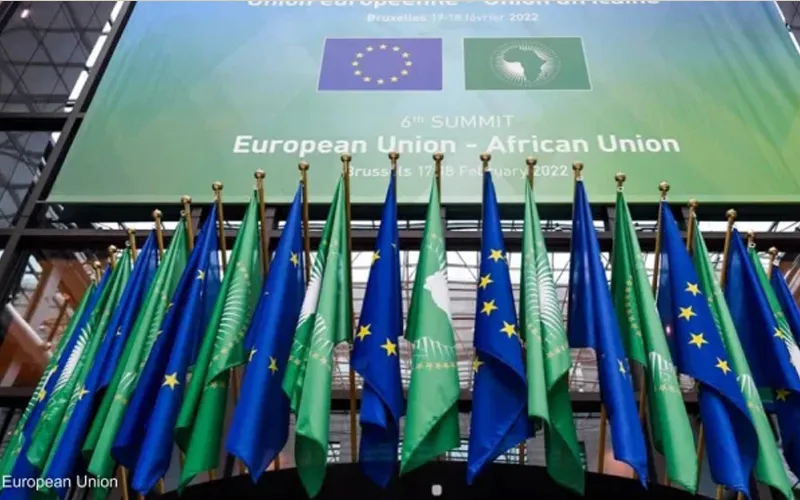The Catholic Archbishop who is the Episcopal promoter of GCBC’s Laudato Sí Action Programme, which seeks to respond to local and global crises from the lens of a call to action by Pope Francis, says that since everything is interconnected, there is a need to take into account Africa’s problems today.
He makes reference to Pope Francis’ Encyclical Letter, Fratelli Tutti on Fraternity and Social friendship and explains the need to express love and organization of structured society in view of eradicating poverty through multilateralism.
Archbishop Palmer-Buckle proposes a rechanneling of Special Drawing Rights (SDRs) of European countries to African countries as a way of addressing the immediate fiscal crisis that African countries are experiencing especially after COVID-19.
“There are already several concrete ways in which reaffirmation of multilateral approaches to Africa’s recovery can take shape,” he says, and adds, “One is for European countries to step up in their ambition to re-channel their SDRs to African countries in order to address the immediate fiscal crisis.”
He further notes that in August last year, the International Monetary Fund (IMF) made a huge allocation of money, equivalent to $ 650 billion, to wealthiest developed European countries, an allocation he says would have been of benefit to African countries as the developed countries were not in dire need of the money as Africa.
(Story continues below)
“In August 2021, the IMF made a general allocation of SDRs to member states equivalent to $650 billion. However, the overwhelming majority of the allocation went into the coffers of the wealthiest developed countries that do not have the same need for them like Africa does,” Archbishop Palmer-Buckle says in the February 17 report, and adds, “The G-20 called for $100 billion in SDRs to be rechanneled to low- and middle-income countries. Only $45 billion USD has been pledged to date.”
He calls upon the leadership of AU and EU to be bold enough and compel IMF into allocating more funds and also to discuss the proposed Resilience and Sustainability Trust, $50-billion trust fund, with a view of using SDRs to help low-and middle-income countries deal with future problems including climate change.
“AU and EU leaders should be bold enough to put not only rechanneling of the August 2021 allocation at the top of their agenda, but also to press IMF to make an additional allocation,” Archbishop Palmer-Buckle says.
He adds, “Discussion of the proposed Resilience and Sustainability Trust as a means of using SDRs to help low- and middle-income countries weather future shocks, including those brought on by climate change, should likewise be fostered.”
The ongoing EU-AU summit that began February 17 and that is set to end February 18 is debating on growth financing, health systems and vaccine production, agriculture and sustainable development, education, culture and vocational training, migration and mobility, and private sector support and economic integration.
Held in Brussels, the two-day Summit is also deliberating on peace, security and governance; and climate change and energy transition, digital and transport.
EU and AU heads of state or government who are tasked with the responsibility of adopting a joint declaration on a joint vision for 2030 are participating in the roundtables, together with a select group of external guests who are experts in their respective fields.
Silas Mwale Isenjia is a Kenyan journalist with a great zeal and interest for Catholic Church related communication. He holds a Bachelor’s Degree in Linguistics, Media and Communication from Moi University in Kenya. Silas has vast experience in the Media production industry. He currently works as a Journalist for ACI Africa.





